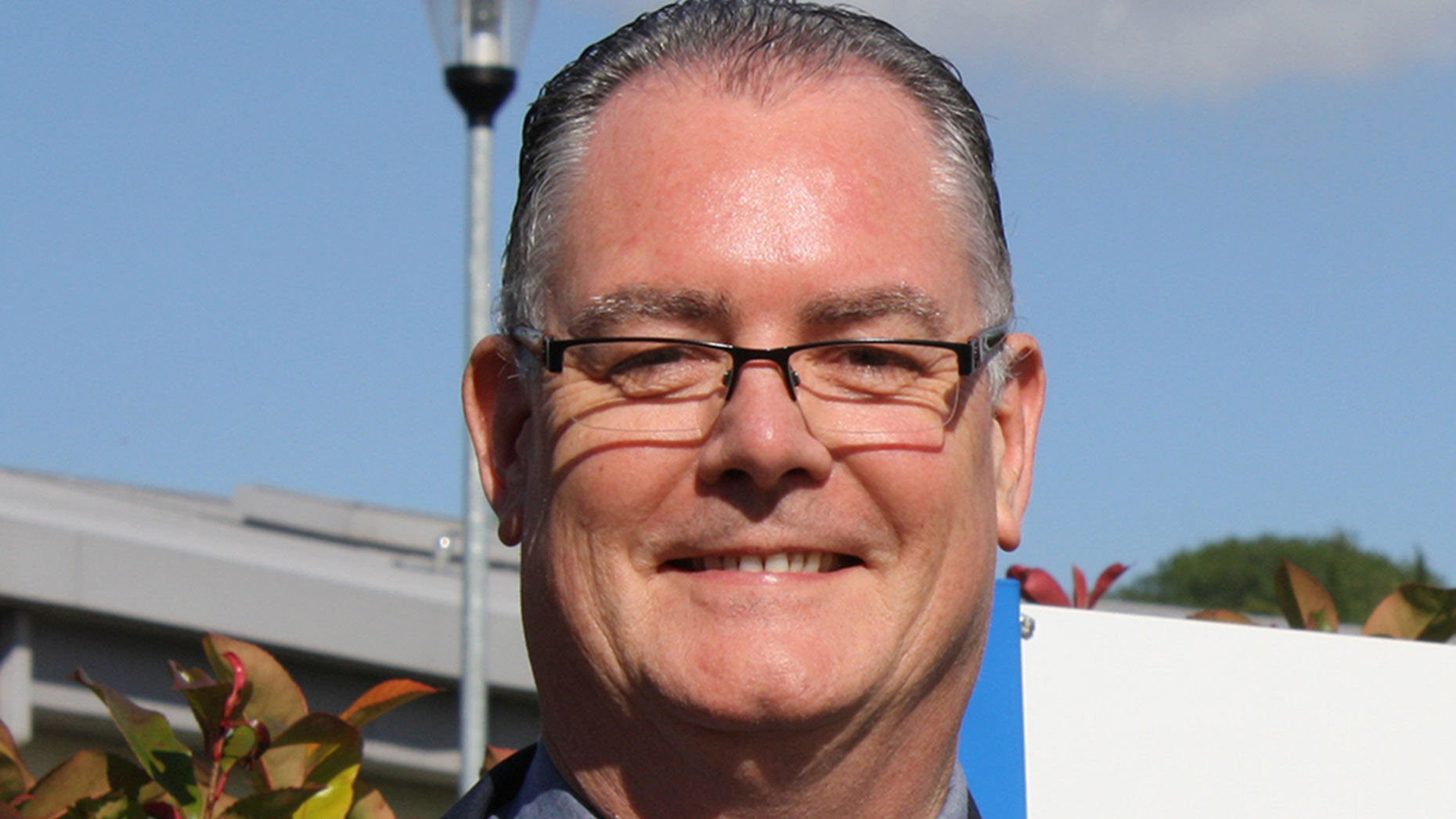It’s easy to think there’s no right place to talk about mental health. But the more we talk about it, the better life is for all of us.
One in four of us will experience a mental health problem and 9 in 10 people say they have faced negative treatment from others as a result. By choosing to be open about mental health, we are all part of a movement that’s changing the conversation and ensuring that no one is made to feel isolated or alone for having a mental health problem.
As part of our ongoing commitment, we are supporting the national Time to Talk Day. Taking place on Thursday, February 1, this is a day when everyone is encouraged to have a conversation about mental health.
Too many people with mental health problems can feel isolated, worthless and ashamed. Time to Talk Day, is a chance for all of us to be more open – to talk, to listen, to change lives.
There have been many more conversations about mental health in the media thanks to campaigns such as Time to Change and Heads Together, supported by the Duke and Duchess of Cambridge and Prince Harry which aim to change how and when we talk about mental health. Time to Talk Day is another opportunity to continue this conversation.
Being open to mental health doesn’t have to be awkward and being there for someone can make a huge difference to their life.
Because there are so many misconceptions and stigma around mental health problems, choosing to speak can be very difficult. So, if a friend, loved one or colleague talks to you about some of their difficulties, there are useful ways that you can support them.
This may be the first time that they have spoken to anyone about how they are feeling. Give them space to find the words, listen patiently, and acknowledge their important feelings and experiences.
Ask questions. Being curious and asking about someone is better than assuming that you always know how they feel. Even if it’s something you’ve been through yourself, the chances are that they will be having a different experience to you.
Offer empathy. Sometimes people believe that no one else in the world feels the way they do or understands them. Let them know that you’re not judging them and that you get how they feel. And remember: if you feel you do not know how to help the other person it is okay to say so and it is ok to seek advice.
Keep in contact. Let them know that you are, and will be, there for them and are willing to talk and support when necessary.
So please take the time this Time to Talk Day to have a conversation with someone you may be worried about and join the wider conversation about mental health.
More details about Time to Talk Day and how you, your friends or your workplace could take part can be found at www.time-to-change.org.uk/get-involved/time-talk-day-2018
If someone you know is struggling encourage them to go speak to their GP, or self-refer to Lincolnshire’s steps2change talking therapies service for support www.steps2change.nhs.uk







